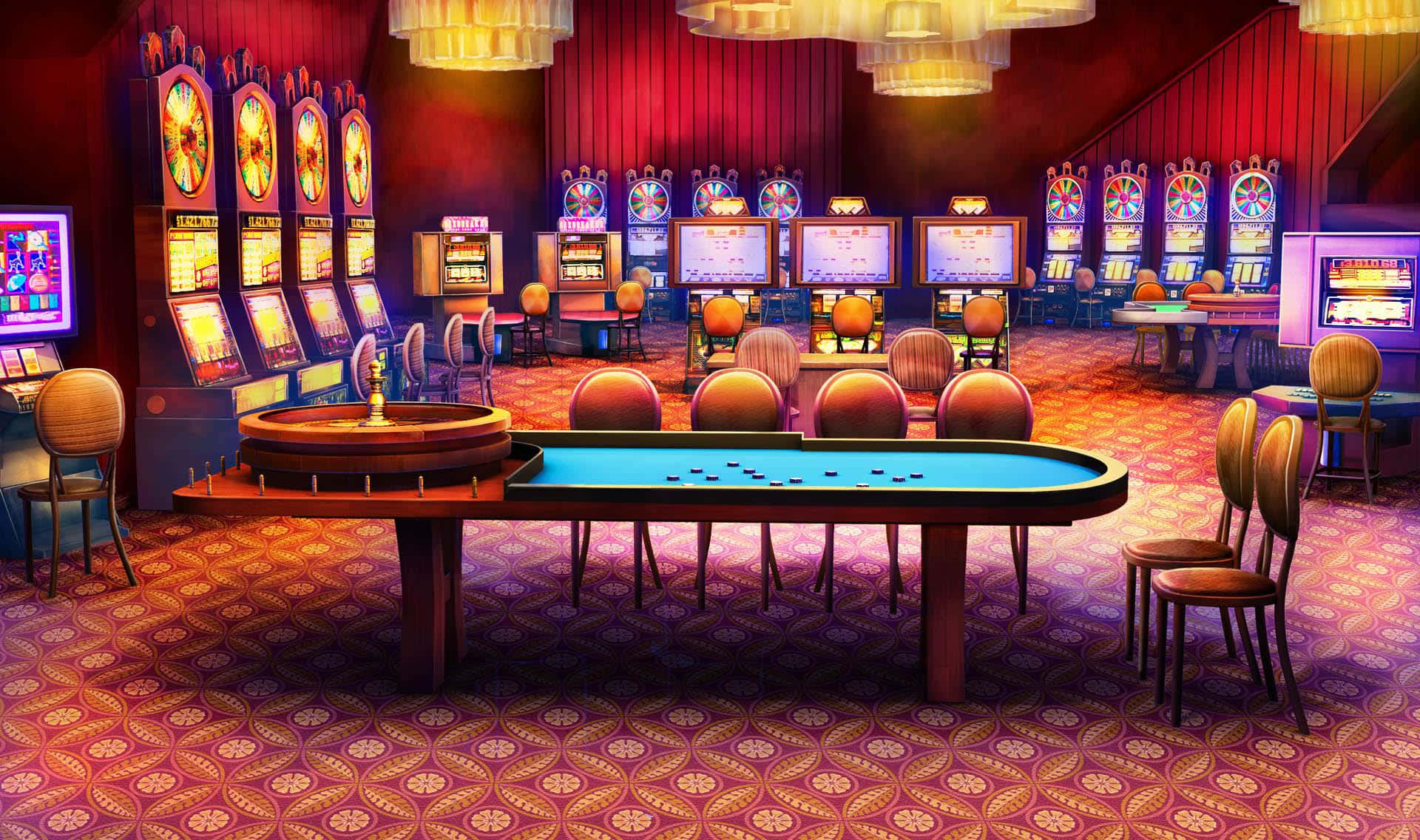Casino experiences have long captured the imagination of humans around the world, becoming an important part of both entertainment and tradition. From the glimmering lights of Nevada to the captivating experience of virtual casinos, these games evoke enthusiasm, danger, and sometimes even a sense of nostalgia. They are not just just pastimes; they have woven themselves into the texture of human experience, influencing various aspects from film and songs to style and books.
The appeal of casino games goes beyond the wagering aspect, tapping into broader themes of luck, risk, and social interaction. As players gather around a poker table or turn the roulette, they engage in an ancient ritual that resonates with our communal desire for thrill and instability. This fascination has led to the growth of numerous references in films, tracks, and video games, showcasing how strongly entrenched these activities are in popular culture. Whether it is the pressure of a legendary heist movie or the colorful nightlife portrayed in videos, casino games have created a substantial place that reflects our bond with risk and reward.
Historical Importance of Gambling Activities
Gambling activities have played a pivotal role in cultural contexts throughout history. Stemming from ancient civilizations, forms of chance were often linked to ceremonies or gatherings. For example, early iterations of these activities can be traced back to ancient Chinese and the Roman Empire, where dice games and betting on results were popular pastimes. These activities not only served as leisure but also as methods of connecting people, facilitating relationships among individuals within communities.
As cultures evolved, so did the complexity and structure of casino games. The establishment of formal casinos in the 17th century, particularly in the Italian region, marked a major shift in how games were perceived and organized. With specific spaces for gambling, the casino became a community center where people from various backgrounds gathered. This evolution contributed to the legitimization of the industry, transforming it from a mere pastime into an organized industry that influenced the economy and policy.
The impact of gambling games on popular culture cannot be understated. As they were popularized in literature and movies, games such as Texas Hold’em and blackjack became icons of risk, luck, and tactics. Iconic characters and stories have developed around these activities, illustrating societal attitudes towards luck, wealth, and vice. This interest with casino activities has infiltrated various forms of entertainment, cementing their status in the public imagination and linking them to wider cultural narratives throughout history.
Portrayal of Gambling Activities in Entertainment
Casino activities have long been a popular subject in different types of entertainment, reflecting both the thrill and nuances of gambling culture. Movies such as Ocean’s Eleven and Casino Royal portray characters who navigate intense situations, showcasing not only the appeal of the gambling environment but also the methods and decisions that come with playing popular games like poker and 21. These movies often dramatize the thrill of winning and the potential repercussions of losing, encapsulating the risks involved in gambling.
Television shows have also explored the universe of casino games, often integrating them into the plot as a setting for story progression and drama. Shows like Vegas depict the experiences of gambling employees and patrons, highlighting the lively, often disorderly energy of the gaming floor. Reality shows featuring intense gambling competitions further emphasize the appeal of casino games, drawing viewers into the drama and strategy involved in each round. Through these depictions, media not only engages but also prompts conversations about luck, skill, and the nature of chance.
Digital games have increasingly incorporated gambling activities into their structure, allowing players to simulate the thrill of gambling without financial risk. Games within the domain of digital gaming often include virtual slots, online poker, and other casino favorites, creating an engaging environment that mirrors traditional gambling. These virtual portrayals make casino games accessible to a broad demographic, appealing to both players who indulge and those who enjoy the thrill of virtual experiences. As a consequence, the representation of casino games in media continues to shape cultural attitudes and importance, highlighting their place in entertainment and culture. non gamstop casino
Impact of Casino Games on Communities
Gambling activities have a significant effect on communities, affecting various aspects of societal norms and social behavior. They often serve as a platform for community engagement, where people gather to enjoy a shared activity. Casino trips with friends or trips to casinos become group events that foster connections and create memories. This collective aspect boosts the fun value of casino games, making them a favored choice for celebrations and recreational pursuits.
Additionally, casino games have been portrayed in numerous movies, television shows, and written works, shaping perceptions and opinions towards gaming and betting. Icons like James Bond competing in baccarat or the high-stakes poker scenes in films have embedded these games in the shared imagination. This representation often idealizes the culture associated with casino activities, drawing in new players and impacting trends in both fashion and conduct. These representations can ignite curiosity and lead to a deeper exploration of the intricacies of gambling.
However, there are also adverse implications associated with the widespread appeal of casino games. The allure of quick monetary gain can lead to gambling addiction and economic troubles for some individuals. The community must grapple with these issues, advocating for responsible gaming and awareness of the risks involved. Balancing the entertainment value of casino games with the risks is crucial to ensure that they continue to be a positive aspect of our cultural landscape.

